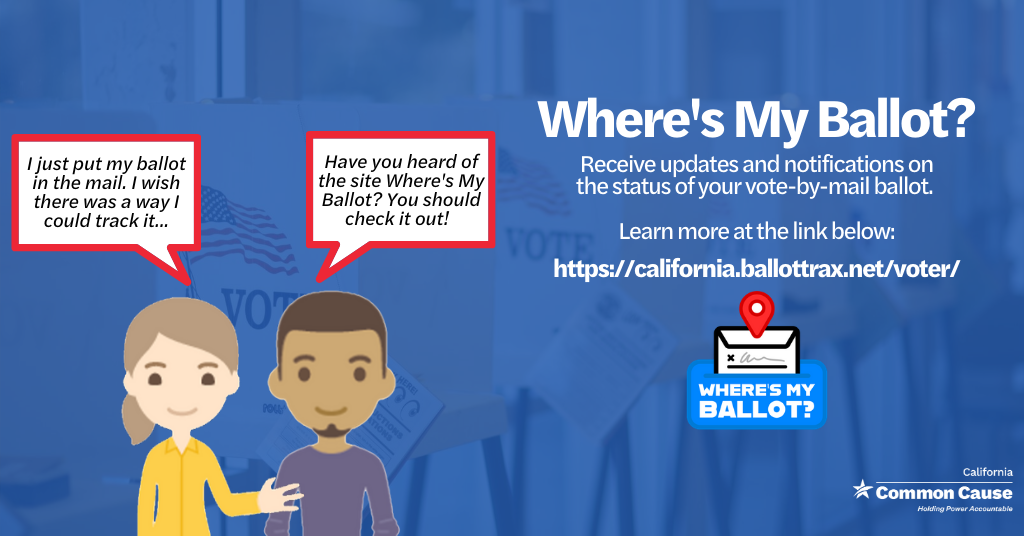Press Release
Advocates for Open Government call on Senate and House Leadership to ensure public access during the 2022 legislative session

Suggest COVID-19 protocol improvements, and to make increased access permanent
With the legislative session scheduled to begin in less than a week, Common Cause MD, ACLU of Maryland, CASA, League of Women Voters of MD, NAACP Baltimore City Branch and MDDC Press Association are calling on both the Senate and House of Delegates to improve their COVID-19 protocols. The organizations today outlined reasonable recommendations and feedback that will help eliminate confusion and ensure the public can observe and participate remotely in both chambers during the full 90-day legislative session.
On Wednesday, the Senate and House of Delegates released COVID-19 protocols for the 2022 regular legislative session. Based on these guidelines, the House of Delegates has chosen to move forward with a hybrid process that includes in-person access to the Office Building and virtual access to committee proceedings throughout the entirety of the 90-day legislative session. The Senate has chosen to move forward with a more confusing process that includes hybrid for the first 30 days, with no ability for virtual participation for the remainder of the legislative session.
According to the organizations, the public’s ability to meaningfully and safely participate in the legislative process must be a priority as the Maryland General Assembly continues to navigate the COVID-19 public health crisis.
“The public health crisis forced the legislature to take steps to establish a more open and accessible process. But these changes should have been implemented long before the pandemic,” said Joanne Antoine, Executive Director of Common Cause Maryland. “The newest Senate protocols will roll back this level of access after 30 days. Those who can’t come to Annapolis will be excluded from the legislative process. As COVID-19 numbers continue to rise, it will be difficult for many people who are considered high risk to participate. We must do better than this. Let’s learn from 2021 and make permanent a hybrid process that allows for meaningful participation both in-person and remotely.”
“While last year’s session also faced challenges, it brought out the positive impact that virtual engagement gives the residents of Maryland in the ability to testify,” said Nikki Tyree, Executive Director of League of Women Voters MD. “The Senate introducing these new restrictive and tone deaf rules raises the question if they are looking to keep that transparency.”
“Marylanders need our elected officials and legislative process to be open and accountable, which is why it’s critical that the voting sessions and delegation meetings are live streamed throughout the entire legislative session,” Yanet Amanuel, ACLU of Maryland Interim Public Policy Director said. “It’s an important aspect of the legislative process that determines the outcome of a bill and should be transparent and accessible to the people.”
“The technology that we have opens access to our government,” said Reverend Kobi Little, President of NAACP Baltimore City Branch. “We must continue to utilize that technology during the entirety of this legislative session and going forward in future years.”
“The House and Senate should do everything in their power to ensure that everyone has equal access to the legislative process – including providing real solutions to those who are non-English speaking,” said Cathryn Paul, CASA Government Relations and Public Policy Manager. “The most marginalized Marylanders, those facing the greatest hardships, need access to their representatives now more than ever.”
Recommendations for both the House of Delegates and Senate:
- Bill Analysis: Fiscal and policy notes must be made available on the MGA website prior to the 48-hour window for witness testimony. If bill analysis is not available before this window, the hearing should be rescheduled to a later date.
- Witness Sign Up: Assistance for those with disabilities and whose first language is not English continues to be an issue. The MGA should take steps to identify cases where assistance will be needed. We recommend providing the witness sign-up in other key languages including Spanish, and providing interpreters for testimony when requested. At a minimum, the witness sign-up form should be adjusted to include an option to indicate that interpretation is needed. Those needing a translator during a hearing should not be forced to testify at the end of the hearing.
- Additional: Organizations should also be provided the opportunity to register multiple people to testify on a bill through a single account. Many of our members don’t have emails or understand how to use MyMGA for registration. We must make the process less burdensome for those actively working to engage members of the public throughout the process.
- Hearings: During the 2021 regular legislative session, many advocates and members of the public expressed concerns about committees continuously going on mute and livestream cameras being shifted. We again recommend requiring that all members of a public body participating in a virtual meeting or proceeding to be clearly audible and visible at all times.
- Additional: The MGA should also continue to ensure adequate closed captioning for hearings and other streams.
- Access to Testimony: OIS has designed a system to allow the public to upload written testimony. Written testimony should be made available online to the public in real-time instead of only after hearings conclude.
- Access to Legislators: During the 2021 regular legislative session, advocates and members of the public expressed concerns about the lack of responsiveness in legislative offices. We again urge the MGA to encourage legislators to provide public office hours with details on how to participate remotely and in-person. They should also ensure their phone and email inboxes are not full.
- Continued use of YouTube and Social Media: We urge the MGA to continue utilizing Twitter to provide updates on the legislative process. Legislative proceedings should also continue to be streamed on YouTube.
- Delegation Meetings: All Delegation meeting streams should be available through the MGA website, including those choosing to stream directly through platforms other than YouTube, like Facebook.
- Streaming: The MGA website should outline a clear process for reporting access issues directly to OIS in the instance a video stream goes down.
- Equal Treatment of Registered Lobbyists: If public access has to be limited at a later time, registered lobbyists – including those who represent State Agencies – must adhere to the same restrictions imposed on the general public.
Senate – Recommendations for COVID-19 Protocol Adjustments
- Committee Access: The Senate should conduct all committee proceedings virtually for the full 90-day legislative session. If the Senate decides to move forward with its plan to shift to in-person beginning on February 14th, the ability to participate remotely must be provided to the public and advocates. This includes the ability to testify both remotely and in-person during hearings, as well as make video recording available for online viewing after the fact.
- Witness Sign-Up: If hearings are conducted in-person beginning on February 14th, advocates and the public should have the ability to sign up to testify both online and in-person. The Senate must at least maintain the current 48 hour online window. If registration on the day of the hearing is allowed in person, the window for online sign up should also be extended. The testimony sign up deadline must be the same both online and in-person.
- Written Testimony: If the Senate chooses to move forward with its in-person plan beginning on February 14th, it’s critical we at least maintain the 48 hours window for online submission of written testimony. If written testimony is accepted in-person on the day of the hearing, the online submission deadline must be extended. Again, the deadline for submission of written testimony must be the same both online and in-person.
- Voting Sessions: If the Senate decides to move forward with its in-person plan beginning on February 14th, it is critical that voting sessions continue to be livestreamed for the public.
